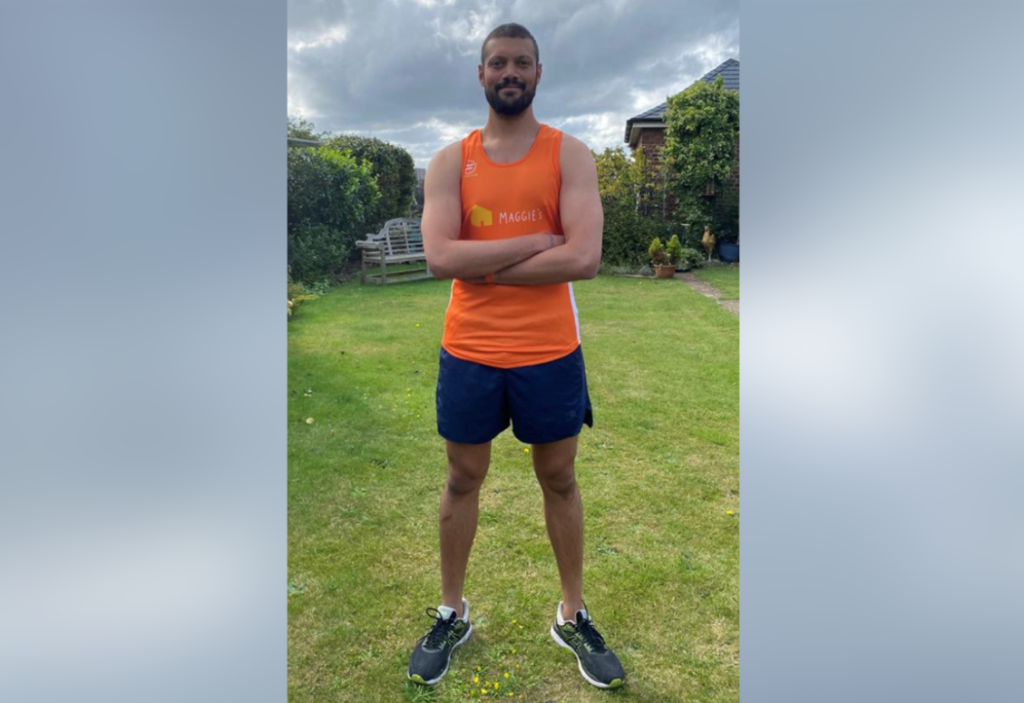“When I was diagnosed with cancer, I was away with work at a shooting range. The hospital phoned me and said I had testicular cancer which had manifested as a tumour in my pelvis and lungs. It was very aggressive and quite far gone. I tried to ask as many questions as I could before I told my parents. Did I need to have my testicles removed? Did this mean I also had lung cancer? Did I need to make a will?
“Before cancer, I had been so utterly career focused. I had sacrificed my personal life. When you are moving counties or countries every two years it is difficult to maintain friendships and relationships.
“Having cancer has given me such a perspective shift. I always thought by my mid-thirties I would have settled down, married, possibly kids. This made me realise that I have to take responsibility and make those things happen rather than wait for it to happen to me. Life is now more than just a job to me. I’m putting my time into meeting new people and prioritising my relationships.
“It is easier to go through something yourself rather than see someone you love going through the same thing. And that’s where support for families and friends of people with cancer isn’t obvious. There isn’t support for your support network. But that is where Maggie’s comes in. My parents would feel helpless at points watching me struggle through treatment and with injections and so I suggested they go to Maggie’s to wait. It meant he could come and speak to experts but from a human side rather than the clinical, who could put everything into perspective. Whenever I had friends visit me at hospital, I would always try to bring them to Maggie’s. I felt like I could show off Maggie’s and felt proud that this was somewhere for me and my family.
“Running the London Marathon was always on my hypothetical bucket list. I live in Blackheath and so am right next to the start line. Last year, my best mate Chris was running the London Marathon, and I was three weeks into chemotherapy. The last time I saw him was his birthday when I told him I had been diagnosed with cancer. I wanted to go and support him even though I was using a walking stick and on a lot of pain medication, but I knew this might be my last chance to be outside and see friends for a long time. I thought to myself “I will be back here in a year’s time running the race myself post treatment and that will be my story”.
“I am a lot slower now during my training than when I used to run in my army training – I’ve lost a lot of my lung capacity, the neuropathy has taken a real toll on my hands and feet and the largest tumour in my pelvis never completely went away so it still affects the blood flow into my leg, which makes running incredibly painful. I have to remind myself that I don’t have the same body anymore. I have new limits.
“I know I’ll never break world records, but I can still celebrate the small wins. I get better day by day. I have not fully closed the chapter on cancer, but running the London Marathon has helped open a new chapter.”



